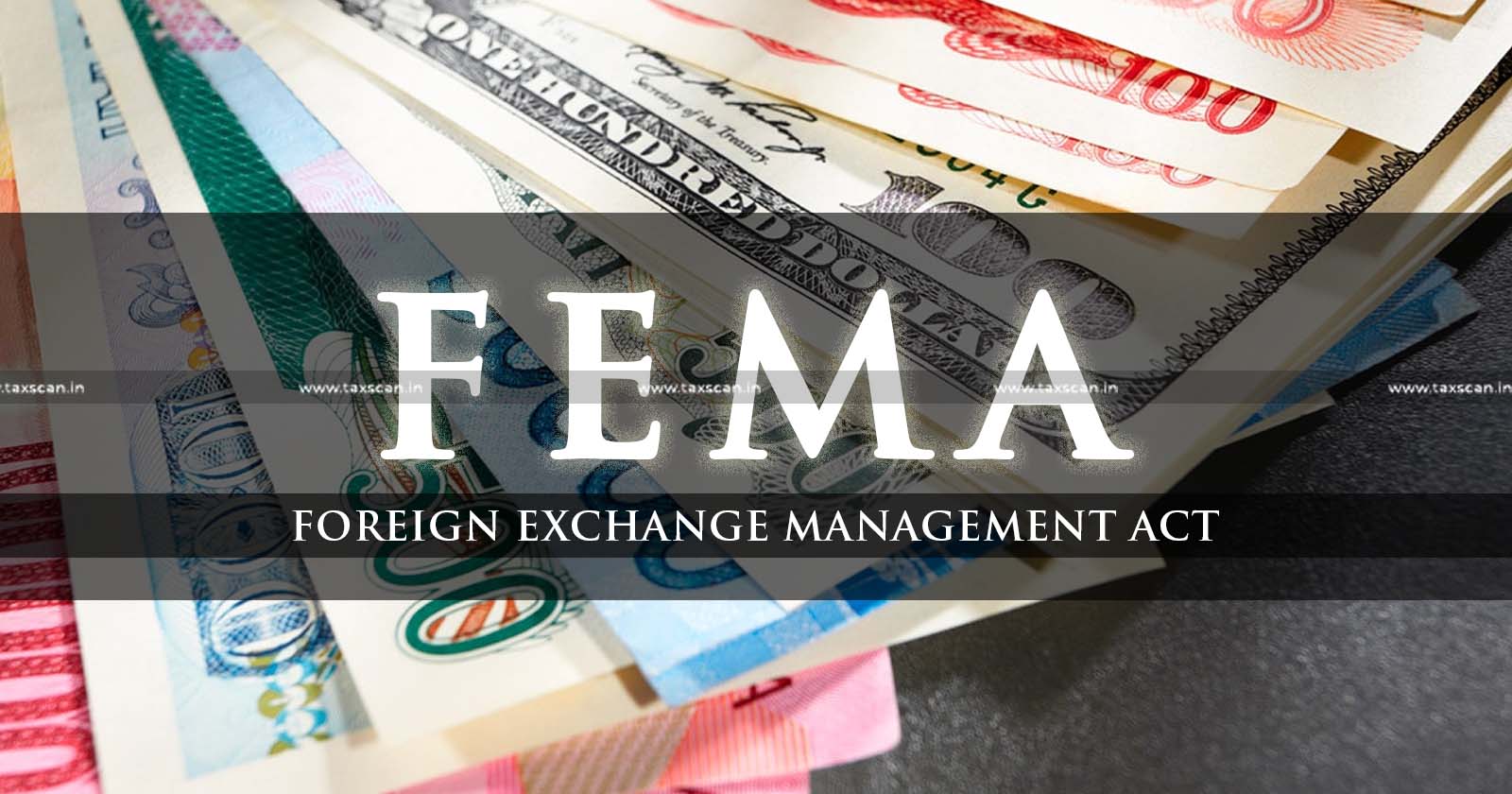Stricter FEMA Regulations: Implications for Individuals and Entities in 2025
What Businesses and Individuals Must Know about Tighter FEMA Enforcement in 2025

FEMA Regulations – Stricter FEMA Regulations – Individuals and Entities in 2025 – taxscan
FEMA Regulations – Stricter FEMA Regulations – Individuals and Entities in 2025 – taxscan
As India continues its ascent on the global economic stage, the government is enhancing enforcement under the Foreign Exchange Management Act, 1999 (FEMA).
Originally introduced to replace the more rigid Foreign Exchange Regulation Act (FERA) of 1973, FEMA was built on principles of liberalisation and global economic integration. Unlike FERA’s control-driven approach, FEMA empowers self-regulation, with the Reserve Bank of India (RBI) and Authorised Dealer Banks (ADBs) acting as facilitators and retrospective reviewers.
2025: A Strategic Shift in FEMA Compliance
This year signifies a transition — from treating FEMA compliance as a formality to embedding it as a core strategic imperative. The Enforcement Directorate (ED) is ramping up its scrutiny of foreign exchange violations, underscoring the need for businesses and individuals to adopt an informed compliance culture.
Big Changes in the Companies Act! Are You Updated? - Click Here
The ED has heightened vigilance in the following areas:
- Export-import irregularities
- Liberalised Remittance Scheme (LRS) violations
- Non-compliance with Foreign Direct Investment (FDI) norms
- Misuse of External Commercial Borrowings (ECBs)
- Unauthorised overseas fund transfers
- Illegal overseas property ownership by Indian residents
This regulatory shift is part of a broader effort to curb tax evasion and prevent capital flight.
Big Changes in the Companies Act! Are You Updated? - Click Here
Top FEMA Risk Zones in 2025
1. Abuse of Offshore Family Trusts
While individuals can remit up to USD 250,000 annually under the LRS, regulators are now closely investigating offshore trusts that may be used to route funds or investments beyond permissible limits.
2. Improper Gifting of Foreign Investment Proceeds
Profits from overseas investments must be repatriated to India within 180 days. Gifting such proceeds to foreign relatives may breach FEMA’s capital account transaction restrictions and is under close scrutiny.
3. Round-Tripping via Overseas Entities
Structures that send funds abroad only to reinvest them back in India — especially without a valid business rationale — are being flagged. Despite new rules allowing up to two layers of overseas investments, substance and purpose remain key.
Big Changes in the Companies Act! Are You Updated? - Click Here
Adopting a Proactive FEMA Compliance Mindset
Regulatory experts stress the importance of treating FEMA compliance as a strategic business pillar, not merely a regulatory checkbox.
The new enforcement paradigm demands:
Substance over structure: Ensure cross-border transactions serve real commercial purposes.
Robust documentation: Maintain comprehensive records and secure professional opinions when needed.
Internal governance: Align finance, legal, tax, and operational teams under a common compliance framework.
Awareness and training: Build capacity through ongoing education of all relevant stakeholders.
Regular audits: Review and reassess all overseas structures and transactions periodically.
Big Changes in the Companies Act! Are You Updated? - Click Here
Dealing With Past FEMA Violations: Compounding Option
Entities and individuals who may have breached FEMA provisions can apply for compounding — a mechanism that allows for the voluntary regularisation of past non-compliance. This process offers an opportunity to resolve regulatory issues and reset on a clean, compliant path forward.
FEMA Compliance Checklist for 2025
| Area | Checklist Item |
| Documentation | Maintain fund flow records, contracts, board approvals, and beneficiary disclosures. |
| Substance Test | Validate business purpose behind each cross-border transaction. |
| LRS Tracking | Monitor and document LRS remittances. Ensure annual cap of USD 250,000 is not breached. |
| Repatriation Compliance | Bring back investment proceeds within allowed time limits (typically 180 days). |
| ODI Structures | Confirm compliance with two-layer ODI norms effective August 2022. |
| Beneficiary Disclosures | Transparently declare final beneficiaries in offshore trusts/entities. |
| Professional Advice | Obtain tax and legal opinions for complex transactions. |
| Internal Controls | Set up compliance audits, training programs, and cross-functional review processes. |
| Regulatory Reporting | File all required forms (e.g., A2, ODI, FLA returns) accurately and on time. |
| Compounding Readiness | Track historical violations and be ready to apply for compounding where needed. |
Big Changes in the Companies Act! Are You Updated? - Click HereSupport our journalism by subscribing to Taxscan premium. Follow us on Telegram for quick updates
Compliance as a Competitive Advantage
India’s focus on FEMA enforcement in 2025 signals a deeper commitment to creating a transparent, secure, and accountable financial environment. Businesses, investors, and individuals engaged in cross-border activities must embrace this evolving regulatory landscape — not only to avoid penalties but to build credibility, reduce risks, and enable sustainable global growth.
By aligning operations with FEMA’s legal framework and staying ahead of compliance requirements, stakeholders position themselves for long-term success in India’s fast-globalising economy.
Source: India Tightens FEMA Compliance: What Businesses and Individuals Need to Know in 2025
Support our journalism by subscribing to Taxscan premium. Follow us on Telegram for quick updates


